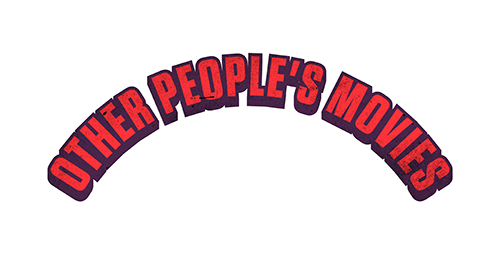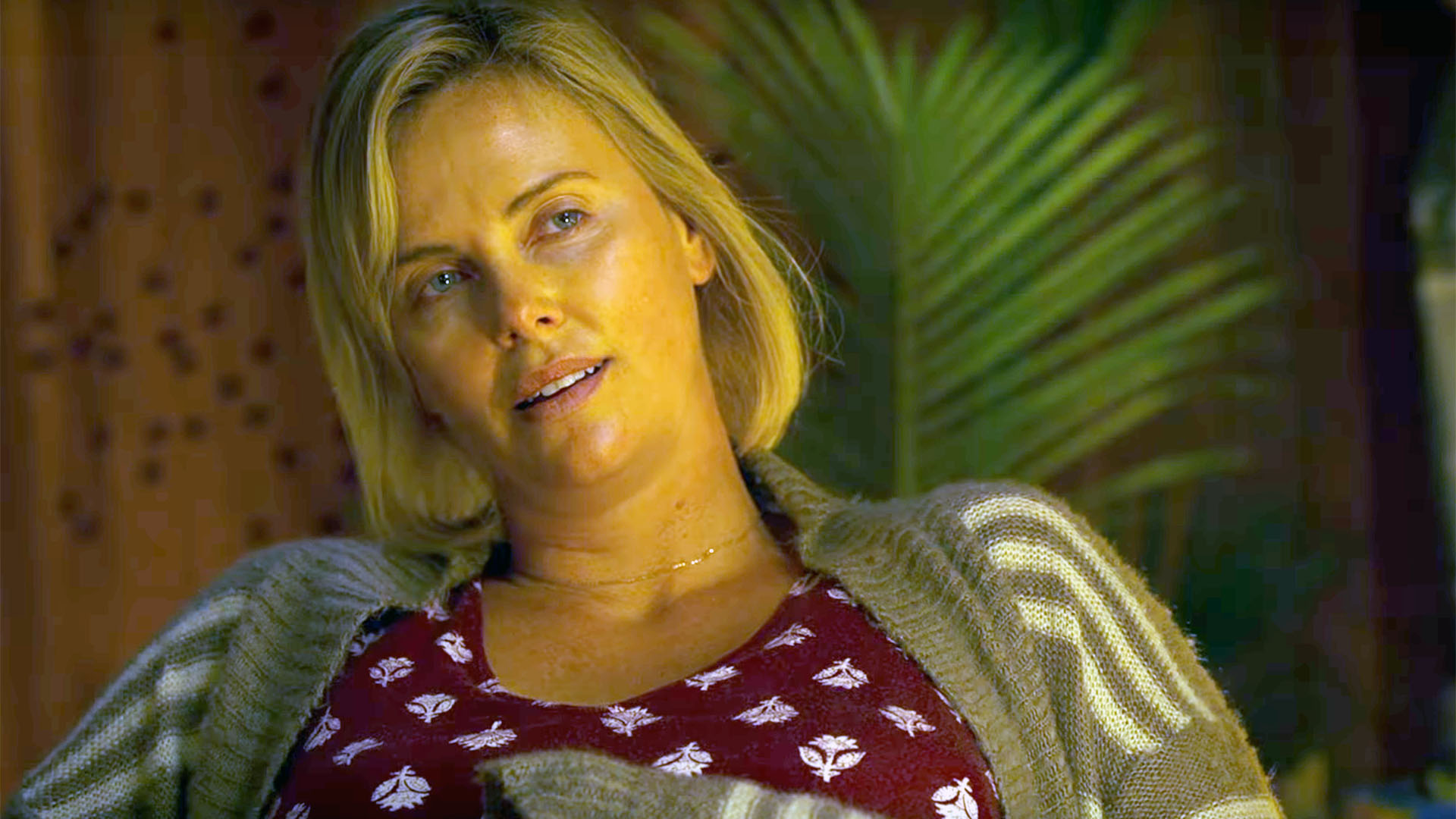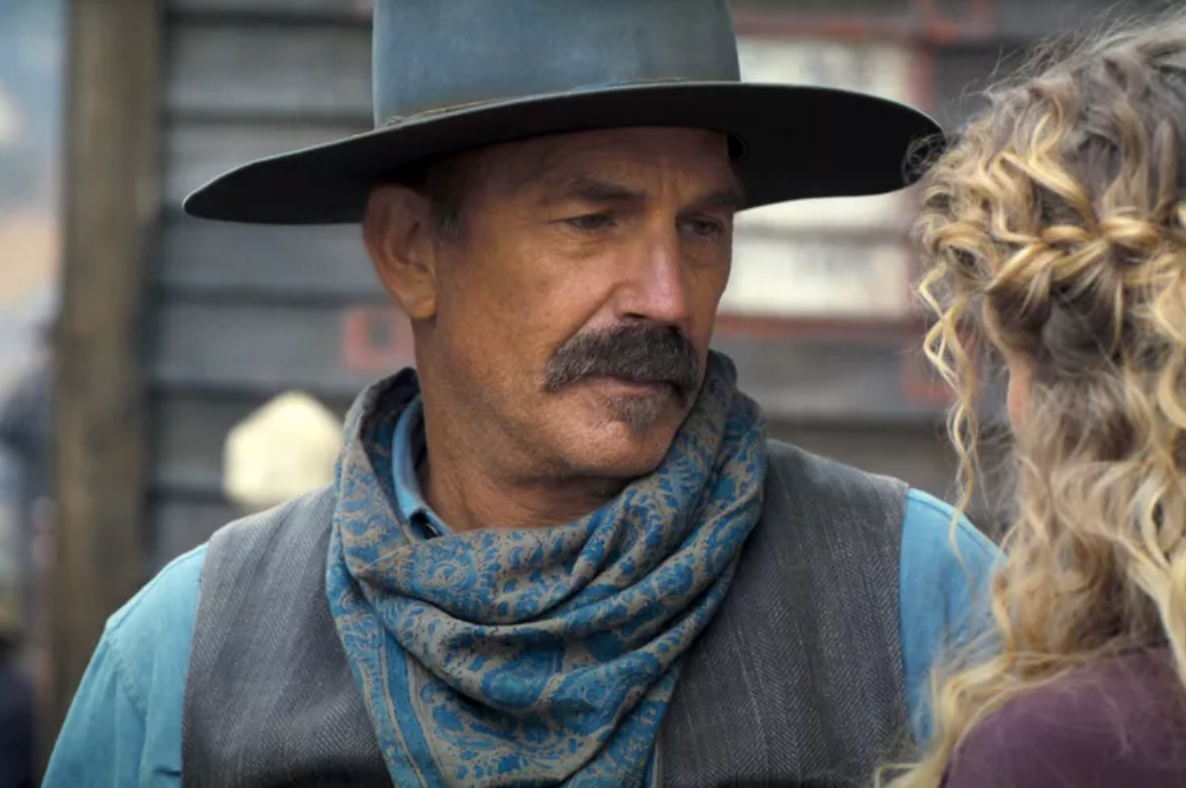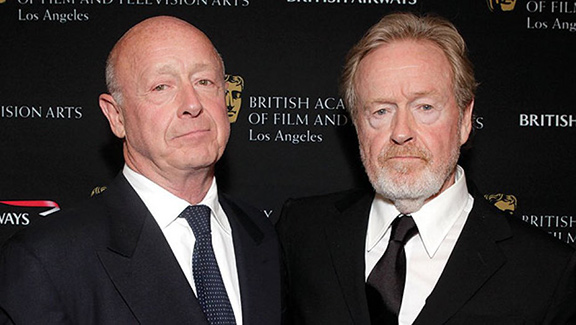
A decade ago, filmmaker Zack Snyder (300, Watchmen) began what came to be known as the DCEU (the DC Extended Universe) with his directorial take on the classic all-American comic book superhero, Superman. 2013’s Man of Steel is gritty and edgy and turns the previously wholly moralistic “Big Blue Boy Scout” character into something a bit more complex and a little less one-note. Snyder’s similar vision of various celebrated Detective Comics characters then spread out to several movies on which he served as an executive producer or, on a couple more occasions, as a director. The films received wildly mixed reviews and had highly inconsistent box office results.
It was announced in the fall of 2021 that writer/director James Gunn (Guardians of the Galaxy, The Suicide Squad) and producer Peter Safran (The Conjuring, Aquaman) would take Snyder’s place in godfathering the rebooted and newly branded DCU (the DC Universe). Gunn, alongside Safran, now serves as co-chairman and co-CEO of the DCU, and he will also be writing and directing a retelling of the Superman story that will take place in the new universe and be released in the summer of 2025. Before that happens, however, there are still a few leftover films from the DCEU that need to be released and are somewhat trapped between the previous universe and the upcoming one.
The first and, perhaps, most anticipated of these titles is director Any Muschietti’s (the It movies) The Flash. Though it wasn’t originally intended to, the film serves as a fairly satisfying end to the Snyderverse and beginning to the Gunnverse. The story centers on Barry Allen/The Flash (Ezra Miller), a young man with superpowers that enable him to move at unnaturally high speeds. When Barry discovers that his powers can actually send him back in time, he concocts a plan to change the past and bring his dearly departed mother (Maribel Verdu) back to life.
To Barry’s surprise, the action is catastrophic and opens the door to endless parallel universes/alternate realities. In one of these realities, Barry teams up with a more coddled version of himself (also played by Miller) that is who he would have been had his mother lived. In the same alternate reality, Barry gets a little help from Batman—only it’s not the Ben Affleck-portrayed Batman that he knows quite well. Rather, it’s an older Batman that audiences know quite well: the one portrayed by the great, one-and-only Michael Keaton.
Also in the newly created reality, Barry faces an old Superman nemesis, General Zod, who is portrayed by the exceptionally gifted Michael Shannon. In this reality, the Superman who defeated Shannon’s Zod in Man of Steel is long-lost, leaving no one with the power to stop Zod and his planet-destroying plans. It’s then up to the two Barrys and Keaton’s Batman to do their best and take Zod on themselves.
Sound complicated? That’s because it very much is, but the filmmakers overall manage to prevent the film’s convoluted and somewhat confusing storyline from interfering with its exceptional entertainment value. That doesn’t mean that the film doesn’t have its fair share of distractingly head-scratching moments, but they are, thankfully, somewhat scarce until its final act. However, the film is a narratively crowded movie, so it is only natural that there are some rather sloppy moments where the audience is expected to fill in some of the story’s gaps with assumptions.
For instance, after Barry first stumbles onto his discovery of time travel, it creates tension and concern over how he’ll be able to return to the present. This issue is completely glazed over, however, when the film simply and abruptly cuts to Barry in his present-day reality having a conversation with Affleck’s Batman. The solution to this hurdle is lazy and unsatisfying, to say the least.
The film cheats like this on a few other occasions, most notably during its overly cluttered final act. The multiple universes storyline, though fascinating at times, comes close to collapsing on itself towards the end, as its explanation is only partially clear and is never fully provided with the proper logistics. While the film’s depiction of alternate realities tickles the imagination and opens the door to different and exciting incarnations of beloved DC characters, it’s just not conveyed in a manner that fully satisfies. Not to mention, multiple universe storylines have been overused in a number of superhero films in recent months and years (Spider-Man: Into the Spider-Verse, Avengers: Endgame, Doctor Strange in the Multiverse of Madness, Spider-Man: No Way Home, Spider-Man: Across the Spider-Verse), and the one used in The Flash is underdeveloped and mildly unsophisticated in comparison to the better of them.
Shannon’s return as Zod is heavily underutilized and underdeveloped for the purposes of this film. His character (not to mention his talent) gets lost in the business of the film. He never comes across as a viable threat and his presence is treated secondarily, never feeling as essential to the story as he should.
Many complaints from both audiences and critics have been made about the uneven quality of the film’s visual effects. While Barry’s moments of high speed and interdimensional travels provide the film with some cool visuals, the digital renderings of living beings look far too computerized and unnatural, drawing much attention to the lack of care (or budget) they obviously received. It may have been a stylistic choice (as director Muschietti has claimed to the press), but it’s a distracting one, regardless.
Criticisms aside, there is much good to be found in The Flash, as well. The pacing impressively never drags, despite the film’s over-crowded design and near-two-and-a-half-hour runtime. Muschietti keeps the tone playful and light throughout, making it one of the most gleefully entertaining superhero films in recent memory. The Flash puts an end to Snyder’s daringly darker universe and serves as a starting point for Gunn’s potentially lighter one.
Ezra Miller (who uses they/them pronouns in reality) is pretty great in the titular role. They are surprisingly moving when the character longs for an unbroken family and wholly amusing in the moments when the two Barrys playfully interact. The actor is funny, endearing, heroic, sympathetic, and vulnerable. It is a rare performance that hits various heights of both drama and comedy, something that few actors are capable of achieving with such an effortless appearance.
Now, for the moment everyone has been waiting for: the return of Michael Keaton as Batman. Almost needless to say, he is the true highlight of the film. Keaton is as dark and brooding as ever, but he also manages to embody the sheer fun of the movie’s overall tone. He gets to show a bit more expression than his previous two times playing the role, but he manages to do so without being off-putting or betraying the character’s inherent stoicism.
The Flash is not a great movie by any stretch, but it is a highly enjoyable one if you let go of logic and go with its flow. With the return of Keaton’s Batman, it’s a great piece of nostalgia that gives a proper ending (or a new beginning?) to a character and actor that never got the resolution they deserved. The road it travels has some noticeable bumps, but The Flash still manages to evoke memories of some great older movies while also creating a few new good memories along the way.
GRADE: B



